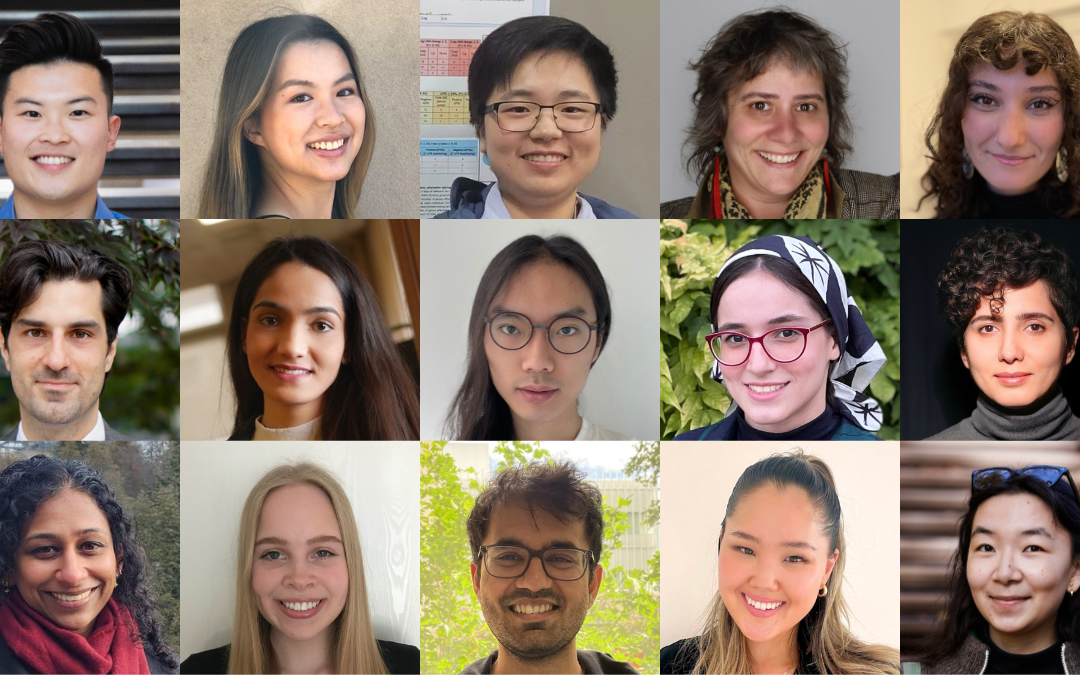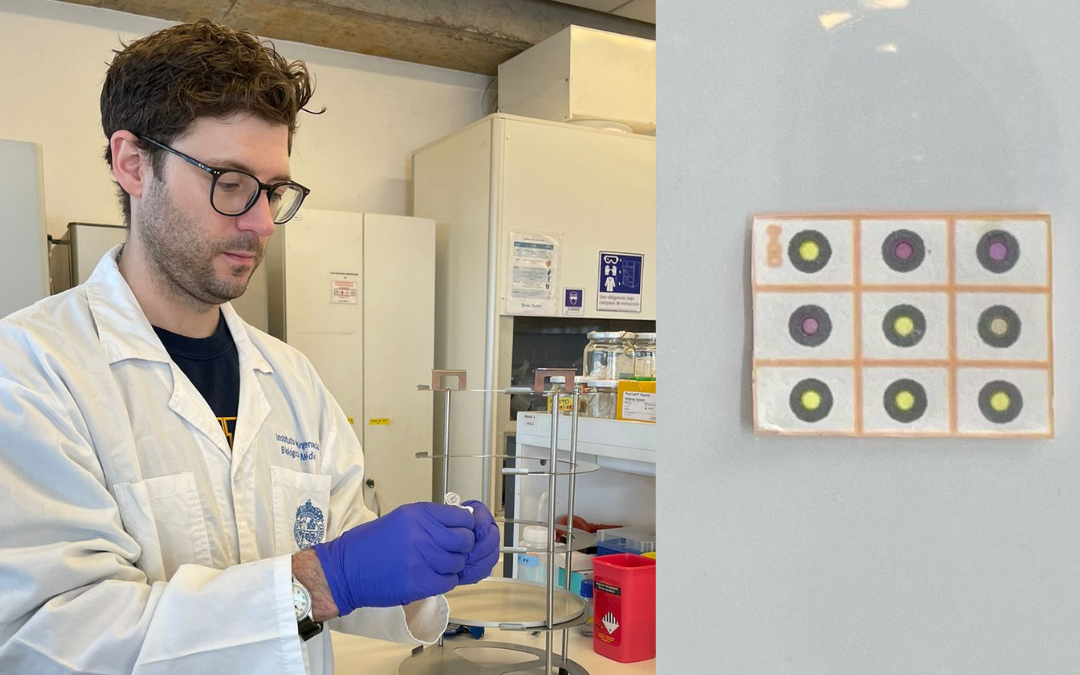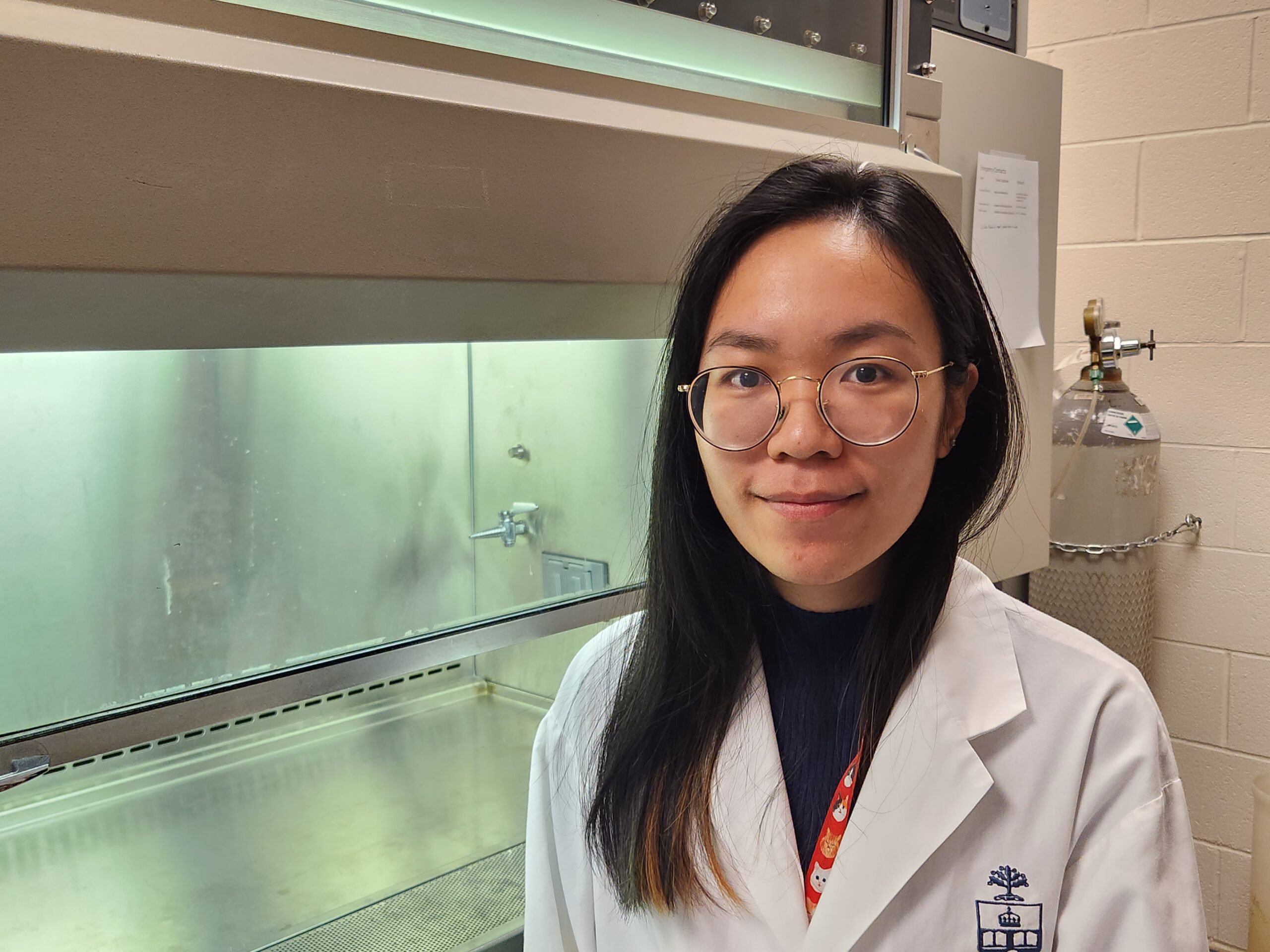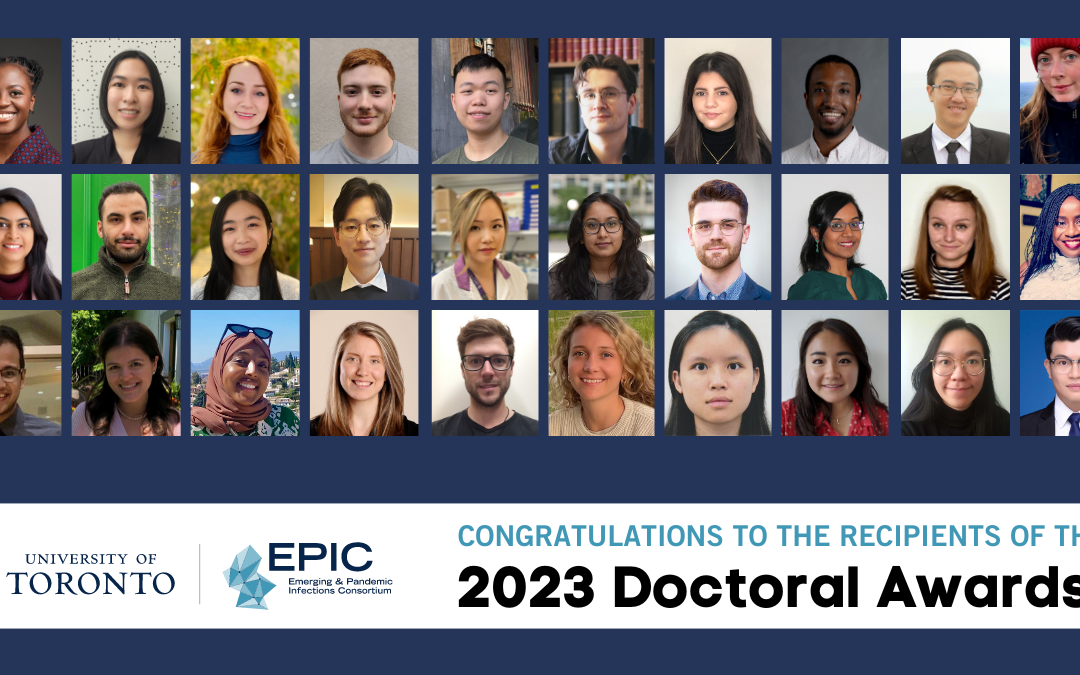


Harnessing synthetic biology to create low-cost diagnostics and improve infectious disease surveillance
EPIC Doctoral Award recipient Justin Vigar is using synthetic biology to develop rapid, low-cost diagnostic tools to combat infectious diseases. He and his lab mates are creating a customizable, paper-based platform that uses pocket-sized slips of paper with genetic circuits embedded onto them. The circuitry is built by freeze drying proteins and other molecular components, which function as amplifiers and sensors, directly onto the paper.

Boosting immune memory to enhance protection against flu
Karen Yeung is leading critical research to understand how our immune systems respond to influenza infection and how we might be able to leverage that knowledge to create a long-lasting, universal flu vaccine. A fourth-year PhD student in the department of immunology at the Temerty Faculty of Medicine at the University of Toronto, Yeung is one of 31 recipients of the inaugural Emerging and Pandemic Infections Consortium (EPIC) Doctoral Awards, which supports outstanding students pursuing infectious disease research.

Examining the COVID-19 pandemic through a person-centred lens
As a recipient of the inaugural Emerging and Pandemic Infections Consortium (EPIC) Doctoral Awards, which supports outstanding students pursuing infectious disease research, Afia Amoako is driven by her person-centred ethos to examine the unequal landscape of the COVID-19 pandemic in Toronto. Her goal? To provide a deeper, more nuanced understanding of how people living in this city experienced COVID-19.

EPIC announces 31 recipients of its inaugural Doctoral Awards
The Emerging and Pandemic Infections Consortium (EPIC) has announced its inaugural cohort of Doctoral Awards recipients. These 31 PhD students are engaged in innovative and collaborative research on infectious diseases. Their work spans from fundamental research uncovering the inner workings of microbes and their interactions with hosts, to applied research focused on improving diagnostics and vaccines, to community-based research on the social and economic impacts of infectious diseases.

